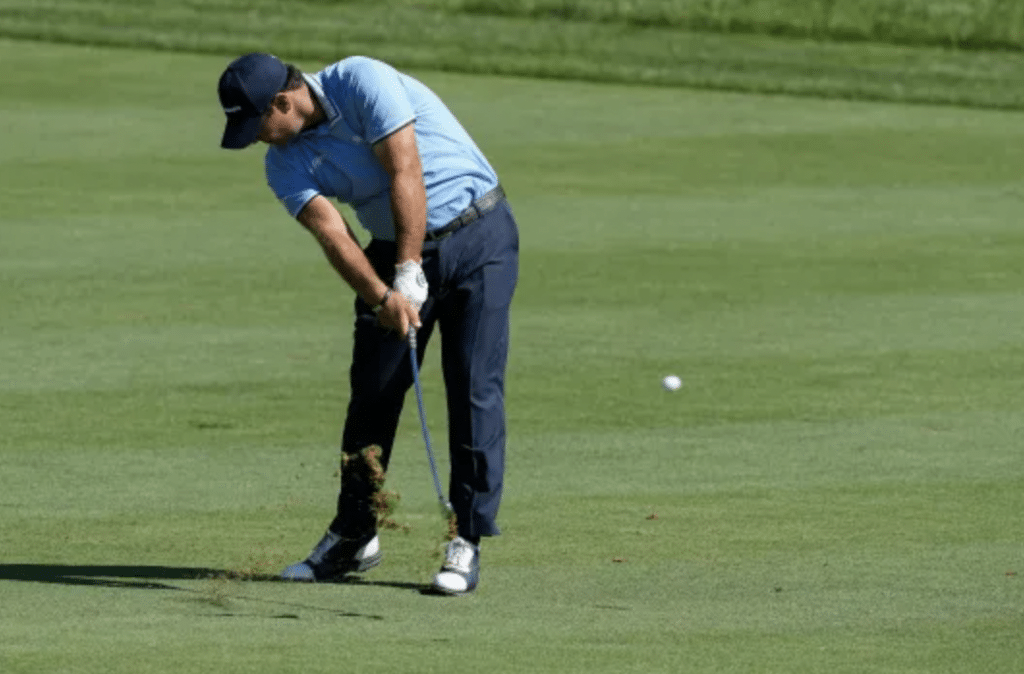Computer scientist Jonathan De Vita enjoys playing golf in his spare time and keeping up with the latest golf news and events. This article will look at golf psychology, providing pointers to help beginner golfers stay ahead of the curve psychologically for better results.
Golf is much more than just a physical game of hitting balls and swinging clubs. To position themselves for success, golfers need a fine blend of patience, precision and mental fortitude.
One day, the golfer may find his or herself sinking putts like a pro, while the next day, the game may feel like a struggle. Where the environmental conditions are identical, the answer is likely to lie in the fascinating world of golf psychology.
Different people respond differently to challenges. In a game of golf, the challenges come thick and fast, with no two shots or holes ever the same. So, while the golfer may understand what needs to be done mechanically and technically, their mental and emotional response could make or break their game. With no opponents to respond to and no teammates to rely on, the golfer has only themselves to rely on as they rise to the challenge of beating their personal best every time. Formulating a strong mental game is what differentiates elite golfers from the rest of the crowd.
Golf is a game filled with distractions: chatter from fellow players, the rustling of leaves, even the player’s own inner thoughts. However, winning demands concentration and an ability to block out the noise, executing shots with laser-like precision. To achieve this, golfers can implement a range of strategies, from creating a pre-shot routine to practising mindfulness to stay in the moment and focus on the shot in hand.
Golfing greats exude confidence, using this self-belief to propel themselves forward, even when faced with unanticipated setbacks. Elites believe in their abilities and know they have all the right skills to overcome challenges and, ultimately, win. To build and maintain confidence, they set themselves achievable goals, breaking overarching objectives down into smaller, achievable milestones to help maintain motivation and momentum. They also visualise successful shots and outcomes to boost their confidence, as well as engaging in positive self-talk, replacing self-doubt with positive affirmations.
Psychology studies delve into how state of mind can affect a golfer’s performance. Golfers who embrace this philosophy rely on much more than just their physical skills, tapping into their cognitive abilities to stay confident, focused and resilient throughout a round of golf. Even a golfer with incredible skills can crumble if their mental state is all wrong, while an average golfer can achieve an astonishing victory if their state of mind is all right. Golf is a game that relies on much more than just mastering swings, equally requiring players to master the mind.

